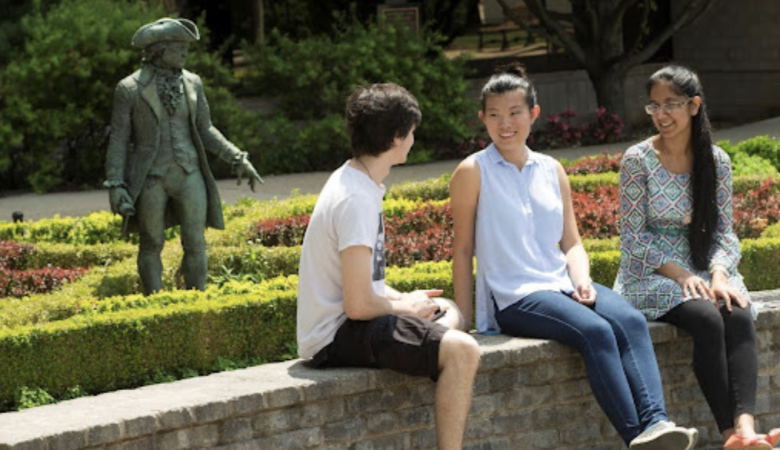The term “gifted” is generally associated with intellect, describing individuals who are extremely complex: intellectually, emotionally, and existentially. Giftedness is a mind construction pattern that stems from complexity of thought, with gifted individuals being those capable of highly complex and abstract analysis who are capable of maintaining a laser-like focus on knowledge and learning, complex problem solving, and searching for truth, knowledge, understanding, and discovery.
Gifted adults are prone to emotional and interpersonal crises. Despite being endowed with such vast potential, where they lack the right support and guidance they may struggle. This article will look at the power of coaching to help gifted adults function at the highest level and achieve their true potential.
The term “gifted” is a rather loaded concept. While the traditional definition of “giftedness” is limited to achievements, conventional talents, and IQ, in reality there are infinite examples of extraordinary abilities that do not fall within the traditional remit. For example, many gifted individuals exhibit extremely high levels of spiritual intelligence and interpersonal intelligence.
From an early age, an extraordinarily intense person is vulnerable to invisible harm. They may be labelled as “gifted” without receiving the right support and understanding to help them find the right path in life.
Therapy for gifted adults is a relatively new and emerging field designed for individuals who:
- are fast learners
- are emotionally intense and highly sensitive
- become easily excited, with their creative inspirations keeping them up at night
- feel out of place in the world
- set themselves extremely high standards and are seen as perfectionists
- have a strong need to work independently and exercise their autonomous drive
- become frustrated when witnessing corruption and injustice and struggle to tolerate other people’s apathy or ignorance
- find themselves “absorbing” other people’s energies and feelings to the point where social settings become overwhelming
- routinely downplay their abilities and achievements to avoid attracting attention
Individuals who exhibit these traits and behaviors may be gifted without even knowing it. Despite significant need, therapy for gifted adults is under-recognized and under-represented among mental health professionals trained in traditional psychology.
A common struggle among gifted individuals is communicating with others capable of keeping up with their intellectual speed, spiritual intuition, and emotional intensity. Gifted children ask deep and complex questions that even adults cannot answer for them. Gifted individuals also tend to be preoccupied with existential themes such as the meaning of life and death, as well as caring deeply about global and environmental issues, but with few around them to share their thoughts.
On top of struggles at school, a gifted person may find themselves without a safe haven at home, with their deep empathy and sensitivity meaning that their parents may have leaned on them as an emotional confidante rather than treating them as a child. This effectively leads to the gifted youngster becoming “parentified,” with the roles of parent and child reversed.
Eggshell Therapy and Coaching helps people who “think too much,” “feel too much,” “see too much,” and “hear too much” to recognize how being intense and different affects their life narrative, enabling them to realize their full potential and change their story.
Eggshell Therapy and Coaching was created to support gifted, highly sensitive, neurodivergent and emotionally and intellectually intense adults, helping them to harness their unique strengths and cultivate their intellectual excitability, emotional sensitivity, intense curiosity, and neuro-atypical status as innate blessings. Working closely with clients, Eggshell Therapy and Coaching’s dedicated staff help clients to explore the challenges and beauty that come with their unique traits, helping them to flourish in a world that is still learning to appreciate and understand gifted people for who they really are.





